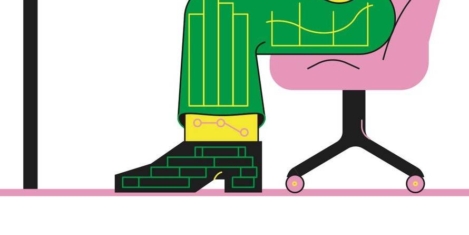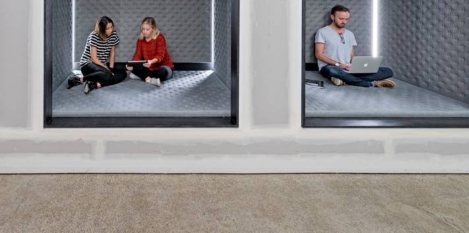March 19, 2019
What a 90 year old study teaches us about flexible working and productivity 0
 Flexible working has developed a reputation as something of a silver bullet for a range of workplace challenges. It is the perceived solution to almost any of the major workplace problems you care to mention, including the gender pay gap, work life balance, churn, property costs, staff engagement, personal autonomy, stress, physical wellbeing, productivity and – of course – as a way of meeting the needs of those alien beings we refer to as Millennials. There is some truth in all of this, as we have known for some time, but things are far more complicated than often presented.
Flexible working has developed a reputation as something of a silver bullet for a range of workplace challenges. It is the perceived solution to almost any of the major workplace problems you care to mention, including the gender pay gap, work life balance, churn, property costs, staff engagement, personal autonomy, stress, physical wellbeing, productivity and – of course – as a way of meeting the needs of those alien beings we refer to as Millennials. There is some truth in all of this, as we have known for some time, but things are far more complicated than often presented.






















 We might think that an inability to absorb the vast amount of information generated by our fellow humans and their machines is something of a modern phenomenon, but we’ve always known we can have too much of this particular good thing. Distringit librorum multitude, wrote Seneca in the First Century. An abundance of books is a distraction.
We might think that an inability to absorb the vast amount of information generated by our fellow humans and their machines is something of a modern phenomenon, but we’ve always known we can have too much of this particular good thing. Distringit librorum multitude, wrote Seneca in the First Century. An abundance of books is a distraction.












March 14, 2019
The negative entropy of workplace design and management
by Mark Eltringham • Comment, Workplace design
(more…)